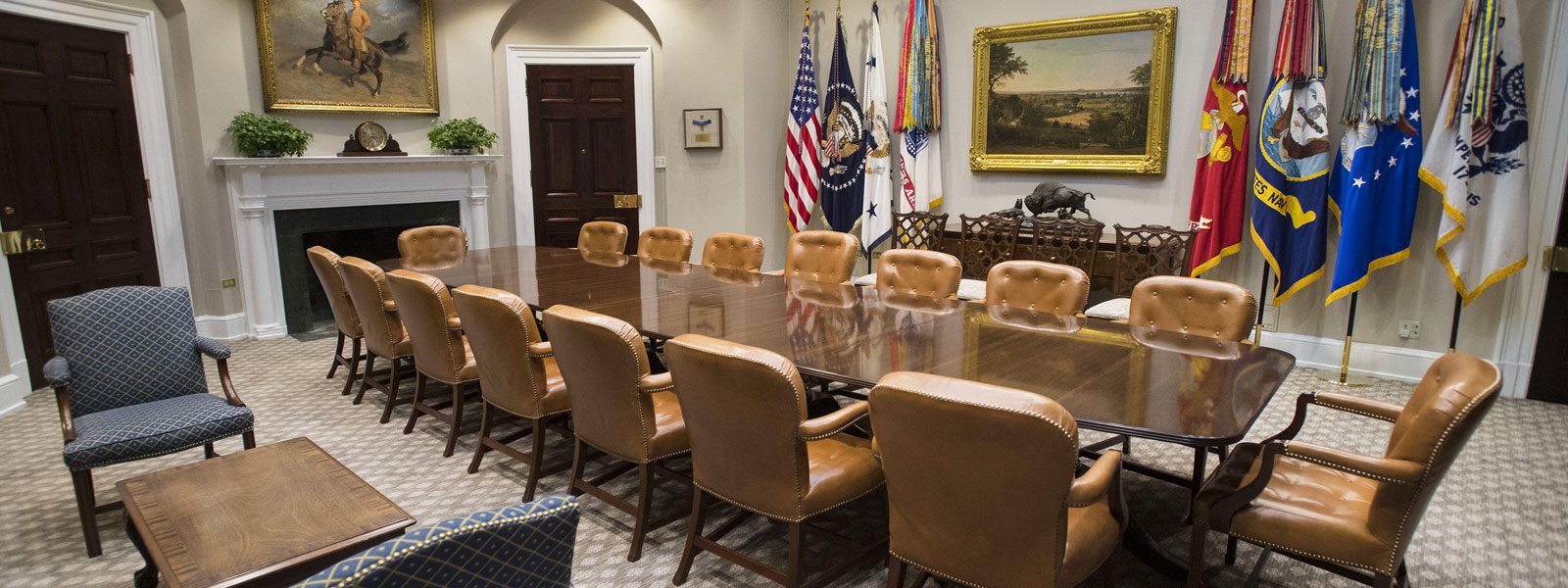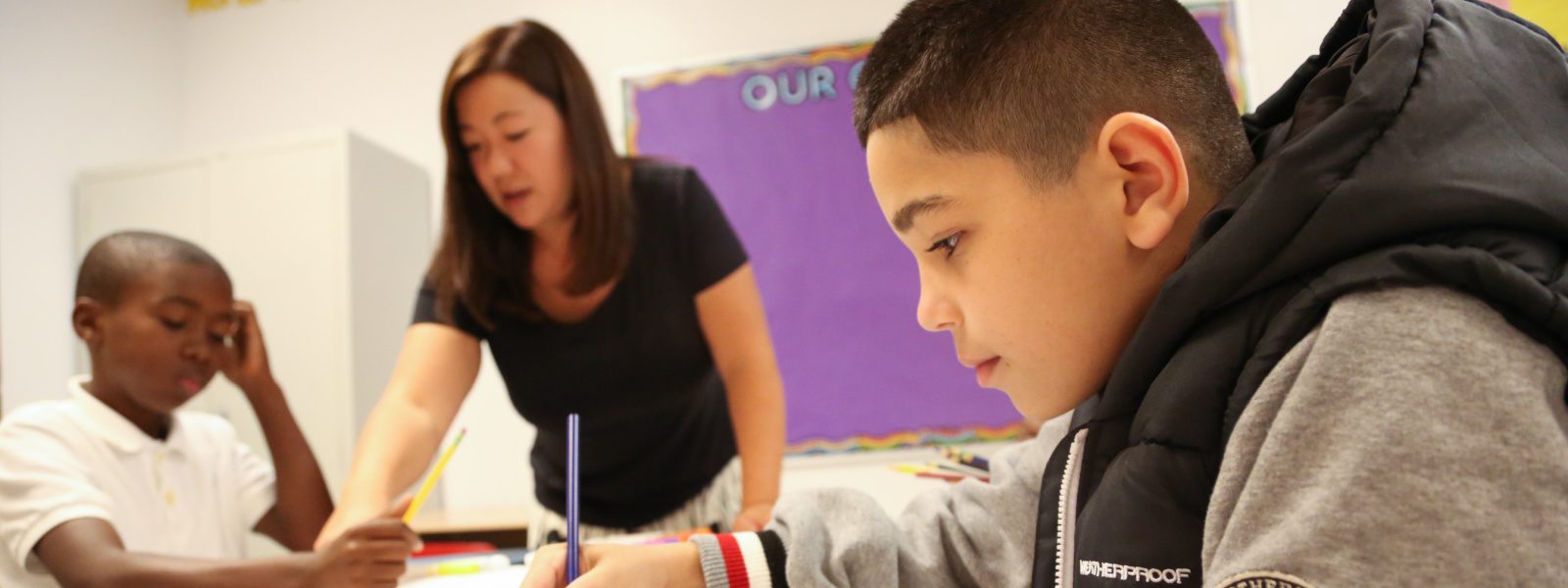Charitable giving is one of the most important ways that we can both demonstrate that we care about our community and to validate that the missions of millions of nonprofits across the country are important, that they matter and that they are worthy of financial investments in the form of donations.
I was asked recently about why charitable giving is important, and how nonprofits largely rely upon charitable giving to both keep the lights on and the doors open, but to also fulfill their missions.
That’s easy enough, the data and the facts will tell you that nearly 70% of charitable giving to nonprofits comes from individuals. In 2019, Americans gave more than $449.64 billion to charities across the country. These stats are taken from a report published by the National Philanthropic Trust.
Before I get to the “why” of charitable giving and its importance, I want to highlight the economic contributions of nonprofits on Idaho’s economy. It’s significant and provides an intangible return on charitable investment in the form of not only mission-related support but on the health and well-being of our state’s economy.
According to our most recent Economic Contributions report, nonprofits in Idaho are the sixth-largest employment sector, employing more than 64,000 Idahoans, and paying $4.25 billion in total compensation.
Idaho Nonprofits also receive more than $4.1 billion in federal and out-of-state resources that generate an additional $5.4 billion in sales transactions, $3.1 billion in gross state product, generating another $2.5 billion in additional total compensation by supporting 43,618 jobs outside of the nonprofit sector. Clearly, nonprofits are more than our missions. We’re an integral part of our state’s economy.
Now, onto the importance of giving as it relates to missions.
In my world, charitable giving is everything to the nonprofits that we serve, including my own organization. This year we held our annual 24-hour day of giving called Idaho Gives (stretched to two weeks this year so we could support over 600 participating nonprofits in a bigger way).
I’m delighted to report that we raised nearly $4 million (doubling what we raised in 2019), and I’m certain that not only did our participating nonprofits benefit from the generosity of Idahoans, they benefitted greatly because the event was on the heels of the universal charitable giving change that allows everyone, including those who take the standard deduction, to deduct up to $300 in charitable giving from their 2020 taxes.
In light of COVID-19 in 2020, I often ask myself what our world would look like without nonprofits? How would we have been able to feed a growing number of food-insecure families and individuals? How could we provide rental assistance so those unemployed wouldn’t lose their homes? How could we treat so many critical patients without our nonprofit health care providers? How could we have provided child care for essential workers during COVID-19?
I think about the arts, culture, and humanities organizations that shifted their programming online so that they could fulfill their mission and, at the same time, provide important cultural enrichment opportunities for all of us who were sheltering in place and trying to fill in those educational gaps created by online school.
So many of our senior citizens were shut in even more than ever before, and I’m so grateful for organizations that continued to provide meals at their homes, in rural communities often shifting from hosting meals at a senior center to a meal-delivery system providing meals and welcome visits during a very isolating time.
Early on during the pandemic, an incredible example of cross-sector collaboration happened among The Idaho Food Bank, Create Common Good and Corpus Cristi. For me, what was most amazing about this collaboration is these organizations acted quickly and asked for funds after they had already started their project.
Create Common Good trains individuals in the food service industry but suddenly demand for their services dried up. Corpus Cristi house found themselves without their army of volunteers, largely elderly community members who stopped going to serve meals out of fear of contracting COVID-19. And the Food Bank had a supply of food that needed to be used. Before anyone could blink an eye, Create Common Good was making meals for Corpus Crist house to serve our homeless population with support from the Idaho Food Bank.
Charitable gifts were a lifeline to these nonprofits to cover the costs of programs and services our community needed but were as yet unplanned for.
This year, more than any other year in my own memory, nonprofits have demonstrated time and again their creativity, resiliency, problem-solving abilities, business savvy, and incredibly sound financial decisions in the best interest of the communities they serve.
So many nonprofits were gifted with unrestricted funds in the form of charitable gifts and have been able to fulfill their missions more fully, deeply and richly because of the level of trust donors have placed in them in these challenging times. I hope this trend continues.
Charitable gifts matter to our nonprofits and to those they serve through their mission-related work. Now more than ever, the nearly 70% of funding for our nonprofits that comes from individuals is critical for us to continue to do what we do best: fulfill our missions, care about our communities, and provide the quality of life we all enjoy.
Amy Little is CEO of Idaho Nonprofit Center, which represents the interests of the state’s 6,000 registered charitable nonprofit organizations and serves as a broker of information and a bridge between the nonprofit, for-profit, and government sectors.


